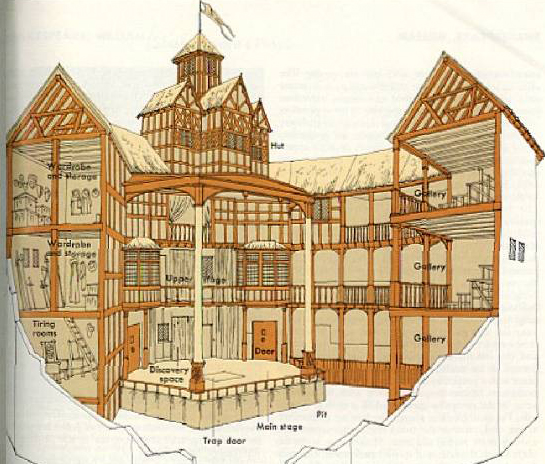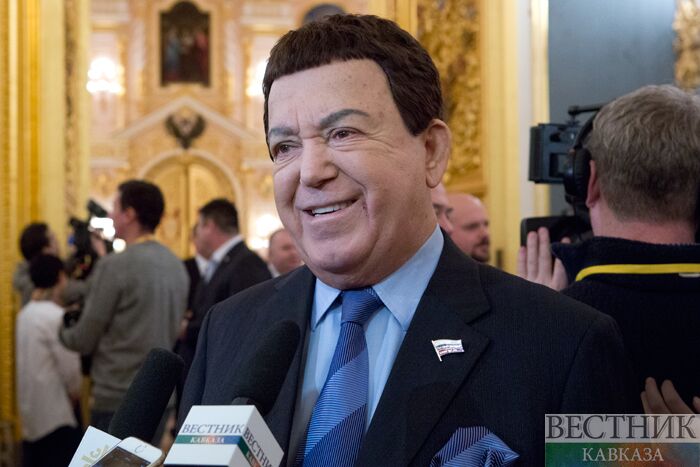Moscow is hosting the first International festival of theatre schools of the BRICS countries, which is supported by the Ministry of Foreign Affairs and the Ministry of Culture of the Russian Federation. Representatives of theater schools of Brazil, India, China, South Africa and Russia are taking part in the festival, which will last until May 21. On the sidelines of the event, the correspondent of Vestnik Kavkaza talked with the professor of the Russian Academy of Theatre Arts, honorary professor of the Central Academy of Drama of China Valentin Teplyakov, the beginning of whose creative activity was closely connected with the Caucasus. After graduating from the Mikhail Shchepkin Higher Theatre School, Tepelyakov created the Youth Theater Studio on the basis of the Kabardino-Balkarian State University in 1974, in the late 1980s he was the main director and head of the Gorky State Academic Russian Drama Theatre in Nalchik.
"In the Caucasus, I was formed as a teacher, director, personality, after creating a youth theater in the city of Nalchik in far 1974. With this theater group we were on tour in the Baikal-Amur Mainline and in Moscow - we traveled a lot. Then I was appointed a director of the Palace of Culture, where the youth theater was based, then I became the head and chief director of the Gorky State Academic Russian Drama Theatre. In 1989, for the first time in the 50-year history of this theater we came on tour to Moscow with the play involving the great artist Alexei Petrenko. Therefore, the Caucasus is the place which formed me as a person, as an artist, which I often remember with great warmth and love. I think I will be able to help the Gorky State Academic Russian Drama Theatre in terms of training specialists for this theater," Tepelyakov said.
Valentin Teplyakov recalled his theater's performances in the western sector of the Baikal-Amur Mainlinein 1979: "The Heroes of the Social Work Ryabov and Bondar worked there. We played right in tents. It was an amazing journey. We did 15 shows a week, drove 500 km. It was something amazing for the formation of my young artists. They saw life. It was great. We planted a blue spruce, which was brought from Kabardino-Balkaria, in the village of Kichera and founded the Square of Friendship there".
Speaking about the first International festival of theatre schools of the BRICS countries, Tepelyakov said: "I worked in all the BRICS countries, except South Africa, I met with students of these countries. The festival will take place in the traditions of the Elizabethan era, so that the actors feel themselves as artists of that time who played on the platform. We even made an exact copy of the stage of the Shakespeare's Globe Theatre - 1.5 meters high, 15 meters wide.

We invited our colleagues from the BRICS countries to prepare scenes from 'Romeo and Juliet'. The main idea is to perform it together. On the first day our Chinese comrades will show their scenes. On the second day - the actors from India, South Africa and Brazil. On the third day we will show our performance of 'Romeo and Juliet'. Then we will rehearse and on Friday, Saturday and Sunday we will be performing together, exchanging roles: Romeo - a Brazilian man, Juliet - a Chinese woman and so on".
According to Tepelyakov, we underestimate the worldwide interest in the Russian theater: "An outstanding master, [theatrical director] Andrei Goncharov, said once: "Russia has two convertible currencies - oil and Stanislavski's system". The main thing is communication, mutual enrichment. These days we will hold master classes, tell you about our work, listen to our comrades about their work. I think that it will be beneficial for all of us".

Speaking about the festival, People's Artist of the USSR, singer Iosif Kobzon said: "We help the leaders of our countries, who have united in the economic space, to understand each other. A person needs spiritual food as well. It is easier for us to communicate with each other through music, through words, through dancing, through dramatic performances. It is easier for us to understand each other. It develops us spiritually. They hold humanitarian forums in Astana, Baku, because they understand that it is necessary to help people understand each other through culture and sport at this troubled time. We want the people to know each other, understand each other, love each other and appreciate each other".






